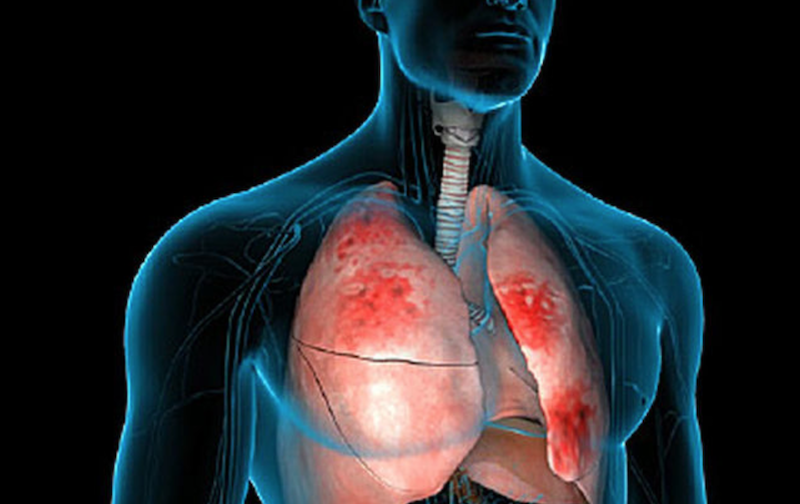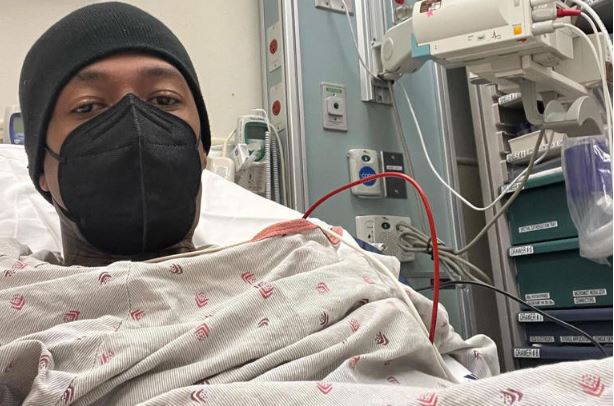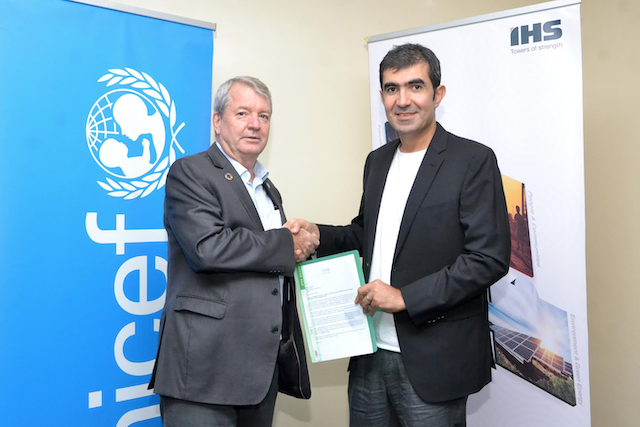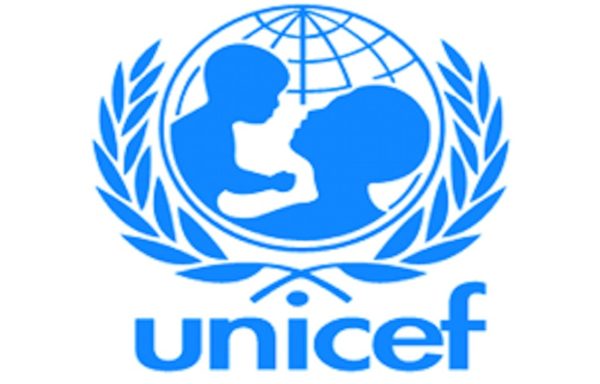A General Physician Consultant, Dr Chinasa Gerald, has refuted the belief by some people that exposure to cold causes pneumonia, saying that rather, it might result to pains in the human lungs.
Gerald, who made the assertion in an interview on Sunday in Lagos State, explained that cold does not cause pneumonia, saying that pneumonia was actually caused by bacteria, viruses or even fungi that affect the lungs.
According to Gerald, pneumonia is an airborne disease which usually thrives more during dry season when the air is more mobile.
He noted that the conception that cold causes pneumonia was actually a misconception, stressing that cold does not cause pneumonia.
According to him, the reason why people may feel that cold causes pneumonia is because for some people who have cold autoantibodies, they can actually have pains around the chest area on exposure to cold environment, which is similar to what those with lobar pneumonia have.
He said what people should be bothered about during rainy season was waterborne diseases or diseases that are parasitic; where the parasite breeds in water like malaria.
According to him, people should be more concerned about hygiene; making sure that what goes into the mouth/body is properly taken care of in terms of cleanliness and that there is no stagnant water around as this is where parasites and mosquitoes can breed.
“The conception that cold causes pneumonia is actually a misconception; cold does not cause pneumonia.
“Pneumonia is airborne disease which usually does not thrive much during wet season; it thrives better in dry season.
“What thrive mostly during rainy season is waterborne diseases like cholera and malaria, because this is the time that flooding can actually penetrate sewages and carry waste materials into places where microorganisms can now come in contact with things that goes into humans.
“The season itself is not actually a problem, but the problem is the environment.
“At times like this, the major thing we need to do is to keep the environment clean and maintain utmost cleanliness by ensuring that whatever goes into the mouth/body is properly taken care of in terms of cleanliness,” Gerald said.
The Physician explained that exposure to cold environment basically could trigger increase in the health condition for people who allergic to cold weather and asthmatic patients.
According to him, the cold environment is actually good for the cardiovascular system, saying that the human body functions better in cold weather.
He said: “For asthmatic patients and people who have adverse reaction to cold weather, exposure to cold may cause increased incidence of their health condition.
“But physiologically, cold environment is actually better for your heart, for the cardiovascular system, because human body functions better in cold environment”.
He advised residents to be more mindful of their environment and desist from activities that might block the drainages thereby causing flooding and other environmental hazards amidst of the persistent raining period.
Gerald, therefore, urged government at all levels to intensify efforts to educate and sensitise the public on the need to keep a healthy environment as well as help people to clear the gutters and drainages so that water can flow.



